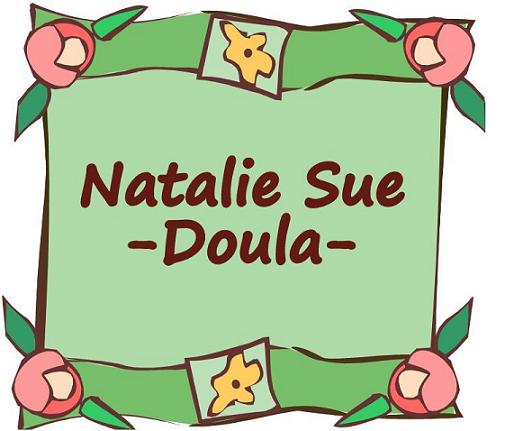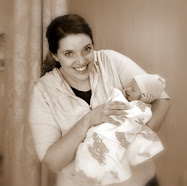The ways in which we choose to describe a situation or relationship often shed light on our beliefs (be they conscious or subconscious) about the balance of power within that situation or relationship. The language that we use also shapes how we perceive a situation and how we will act when confronted with it.
Consider if you will, the word “let” when applied to a birth or a care provider/birthing mother relationship.
How broad is the gulf between “my care provider supports my plan to give birth in water” and “my care provider is letting me give birth in water?” Both describe the same situation–a mother and her midwife/doctor both agree on the safety/efficacy of the water birth–but while the first statement places the power in the hands of the mother, the second places it in the hands of the doctor.
In the first statement, the mother has come to a decision and then conferred with her care provider, who agrees with and supports that mother’s choice to birth as she sees fit. In the second statement, the mother has sought and been granted permission to pursue a certain type of birth.
Another word that misplaces the power of birth is “deliver.”
The same birth could be described in two ways: “I gave birth to my baby [in the care of Dr. Smith]” or “Dr. Smith delivered my baby.” Where is the mother in the second statement? The difference in the balance of power in those two statements is obvious, because in the second, the mother is presented as irrelevant to the birth, which exists only as a relationship, a delivery, between the baby and doctor.
Do our babies really need to be delivered from us, liberated or saved from our bodies? Should we deliver our babies into the hands of others, as though they were pizzas or packages places in someone else’s care? An empowered mother births or gives birth to her baby; she is not delivered by a doctor or midwife. Using this language, she is the initiator of the experience, an active participant in the action, and the care provider’s role is to attend the birth or assist the birthing mother.
We believe birthing women are clients of the care provider and that the care provider works for the mother, rather than seeing birthing women as patients of a doctor/midwife authority figure to whom they must defer.
As adult women preparing to bring another life into the world, we must be empowered enough to stop seeking permission from doctors, nurses, and midwives. We must not put ours births into their hands for delivery, but claim our rightful place as the source of the birth experience. We must be careful in the language we use to describe, not just our own pregnancies/births, but the pregnancies/births of others.
If we are to own our birth experiences, we must remember that care providers require our permission to act, not the other way around.
While changing your language can’t guarantee a perfect birth experience for yourself or anyone else, being aware of your word choice can help you be more empowered through even a less than ideal birth experience. Women who believe in their right to weigh the costs/benefits of interventions, choosing the course of action they believe is safest for their babies and themselves, are less likely to feel a sense of disempowerment and anger after the birth is over.
Even if choice is between a rock and a hard place, simply owning the responsibility to make that choice is empowering. Owning your birth experience can give immeasurable strength. The first step to that ownership is language.
Take a moment to consider why you might choose words like “let/allow” and “deliver” to describe a birth experience, especially if you’re using those words in the context of expectations for an impending birth.
If you are wondering if your midwife/doctor will let you do something, consider examining why you, as an intelligent, empowered adult, need permission to do something your body already knows how to do. If you think of the birth process as a delivery, consider questioning why you frame it within the context of that language.
Giving away our power verbally or in writing creates a paradigm in which we condition ourselves to surrender our power in actuality. When your language paradigm shifts to place mothers and babies at the center, and providers on the periphery, so, too, will your beliefs shift.
As you think and write and speak, so shall you live. As you live, so shall you birth.



No comments:
Post a Comment